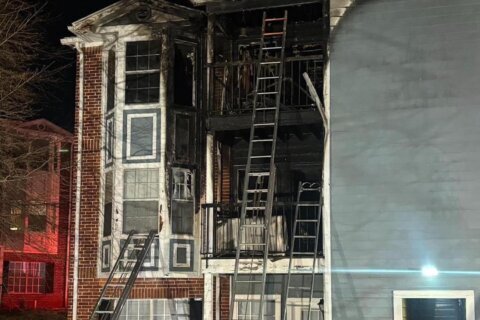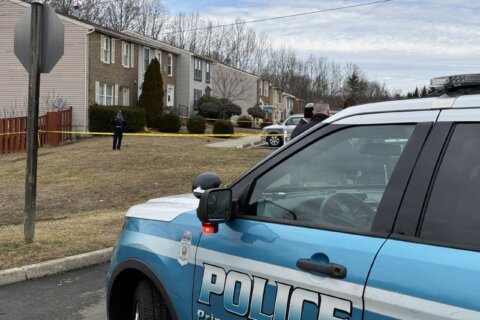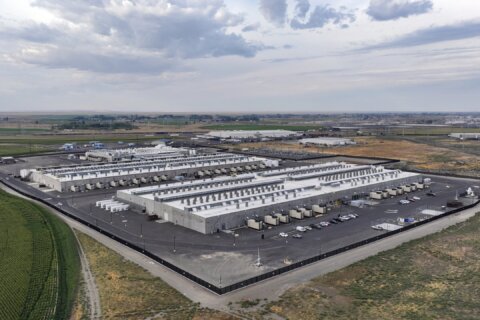This article was republished with permission from WTOP’s news partner InsideNoVa.com. Sign up for InsideNoVa.com’s free email subscription today.
The Prince William Board of County Supervisors on Oct. 8 approved the submission of a grant application to a federal program that would bring 26 new electric vehicle charging stations to the county.
The board voted 6-1-1 in favor of the proposal. Coles District Supervisor Yesli Vega cast a dissenting vote on the proposal, while Gainesville Supervisor Bob Weir abstained. The submitted grant request consists of $2 million, with an additional $500,000 coming from the county to meet the required 20% local match.
Under the second round of the U.S. Department of Transportation’s Charging and Fueling Infrastructure Program, up to $350 million will be allotted to regional jurisdictions nationwide for increased electric vehicle use and alternative fueling infrastructure through a competitive grant initiative.
In July, the Metropolitan Washington Council of Governments opted to unite under the single umbrella of a regional grant application in order to avoid internal competition among local jurisdictions. As an eligible applicant, Prince William County is now participating in the second round of the subsequent national selection process through its partnership with the council.
Eight sites – all owned or leased by the county – were selected to accommodate the charging stations “due to their location within disadvantaged and rural communities,” according to the board’s Oct. 8 agenda packet. The sites include Bull Run Library, Fairmont Park, Hellwig Park, Rosemount Lewis Park and the county’s Animal Services Center – all located in or around Manassas — as well as Dale City Recreation Center, Nokesville Park and the Ferlazzo building in Woodbridge.
During the board’s meeting last week, Republican supervisors Vega and Weir voiced concerns about the projected installation and maintenance costs of the charging stations.
“ … I’m assuming that we’re going to be charging for usage from day one?” Weir asked from the dais.
“All public EV charging stations go through the policy of [financial] charging,” Prince William Director of Transportation Rick Canizales replied.
Weir probed further, “So with the contracts in place … we’ll start recovering in theory funds from day one?”
Canizales affirmed this was the case.
Occoquan Supervisor Kenny A. Boddye voiced his support for the grant submission, citing the growing electric vehicle market and the proposal’s financial viability.
“Frankly, I support this because I know that as more and more of our constituents get hybrid and EV vehicles, we should have an offering for them to be able to charge them,” Boddye said.
Boddye continued, “All these EV chargers that we have in the county now … are also going to be charging to be charged – basically, folks are going to have to pay a fee for that, which helps recoup the costs of maintenance and other things.”
The board did not specify when it would receive the results of the grant application from the federal Department of Transportation.







